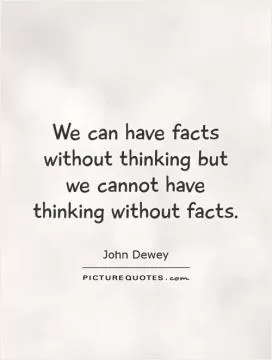Without some goals and some efforts to reach it, no man can live

Without some goals and some efforts to reach it, no man can live
John Dewey, a renowned American philosopher, psychologist, and educational reformer, believed that without goals and efforts to reach them, no man can truly live a fulfilling and meaningful life. Dewey's philosophy emphasized the importance of setting goals and actively working towards them in order to achieve personal growth and self-actualization.According to Dewey, setting goals provides individuals with a sense of purpose and direction in life. Without clear goals to strive towards, people may feel lost or aimless, lacking motivation and drive. Goals give individuals something to work towards, a reason to get out of bed in the morning and face the challenges of the day. They provide a sense of meaning and fulfillment, guiding individuals towards a more purposeful and satisfying existence.
However, simply setting goals is not enough. Dewey believed that it is essential to put in the effort and hard work required to achieve those goals. Without effort, goals remain nothing more than empty dreams or wishes. It is through sustained effort and perseverance that individuals can turn their goals into reality, overcoming obstacles and setbacks along the way.
Dewey's philosophy also emphasizes the importance of continuous growth and development. He believed that individuals should constantly be striving to improve themselves and expand their horizons. Setting new goals and working towards them allows individuals to push themselves beyond their comfort zones and reach new heights of achievement.
In the context of education, Dewey's ideas are particularly relevant. He believed that education should be a process of growth and development, with students actively engaged in setting goals and working towards them. By encouraging students to set goals for themselves and take ownership of their learning, educators can help them develop the skills and mindset needed to succeed in life.












 Friendship Quotes
Friendship Quotes Love Quotes
Love Quotes Life Quotes
Life Quotes Funny Quotes
Funny Quotes Motivational Quotes
Motivational Quotes Inspirational Quotes
Inspirational Quotes